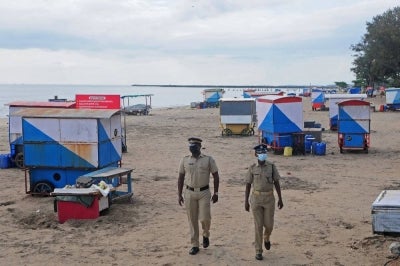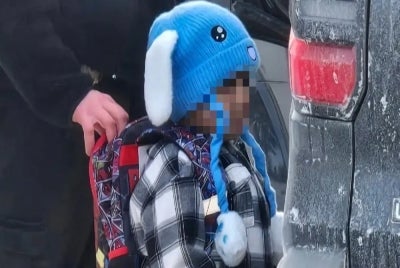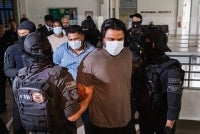Conjoined twins separated with help of virtual reality in Brazil
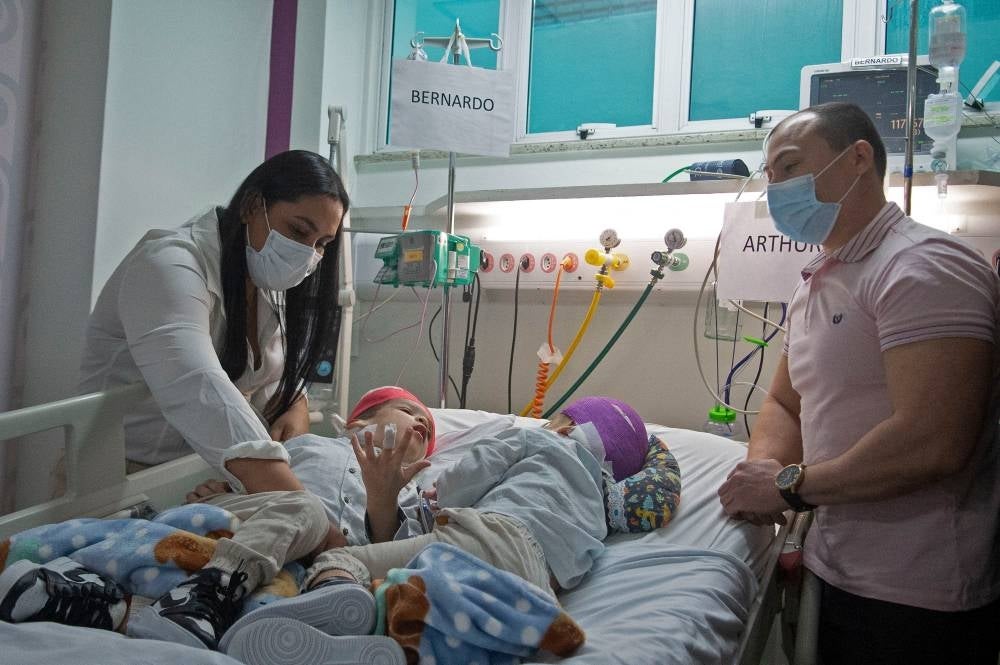
RIO DE JANEIRO, Brazil - Conjoined twins born in Brazil with a fused head and brain have been separated in what doctors described Monday as the most complex surgery of its kind, which they prepared for using virtual reality.
Arthur and Bernardo Lima were born in 2018 in the state of Roraima in northern Brazil as craniopagus twins, an extremely rare condition in which the siblings are fused at the cranium.
Joined at the top of the head for nearly four years -- most of that spent in a hospital room outfitted with a custom bed -- the brothers are now able to look each other in the face for the first time, after a series of nine operations culminating in a marathon 23-hour surgery to separate them.
London-based medical charity Gemini Untwined, which helped carry out the procedure, described it as the "most challenging and complex separation to date," given that the boys shared several vital veins.
"It was the most difficult, complex, challenging surgery of my career," said neurosurgeon Gabriel Mufarrej of the Paulo Niemeyer State Brain Institute (IECPN) in Rio de Janeiro, where the procedure was performed.
"No one believed it was possible at first. Saving them both was a historic accomplishment." Members of the medical team, which included nearly 100 staff, prepared for the delicate final stages of the surgery on June 7 and 9 with the help of virtual reality.
Using brain scans to create a digital map of the boys' shared cranium, surgeons practiced for the procedure in a trans-Atlantic, virtual-reality trial surgery executed in both Britain and Brazil.
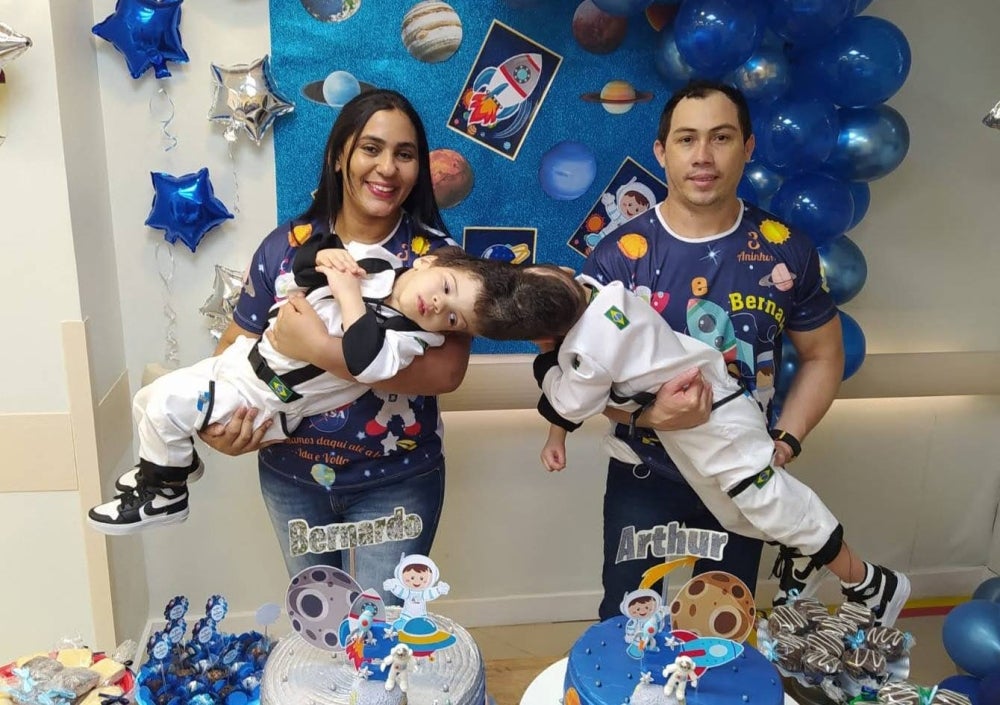
British neurosurgeon Noor ul Owase Jeelani, the lead surgeon for Gemini Untwined, called the prep session "space-age stuff." "It's just wonderful, it's really great to see the anatomy and do the surgery before you actually put the children at any risk," he told British news agency PA.
"To do it in virtual reality was just really man-on-Mars stuff." Pictures and videos released by medical staff showed the boys lying side-by-side post-surgery, little Arthur reaching out to touch his brother's hand.
The boys are still recovering, and may need further procedures as they develop, doctors said. Speech is difficult for them, and Bernardo has a motor deficit on the right-hand side, Mufarrej said.
"They will take some time to get to the point where we want them to be. But I believe in them," he said. - AFP
Download Sinar Daily application.Click Here!

